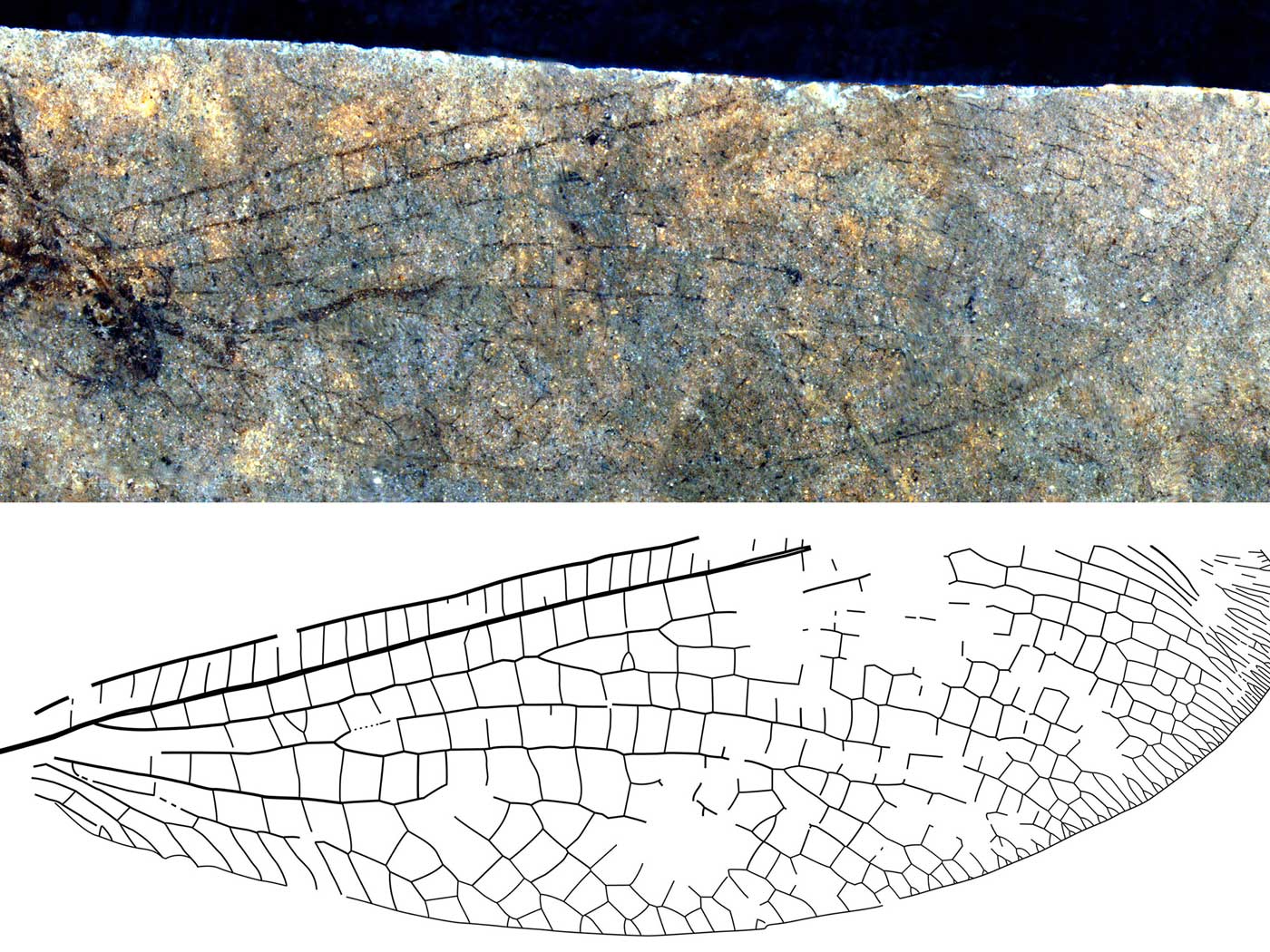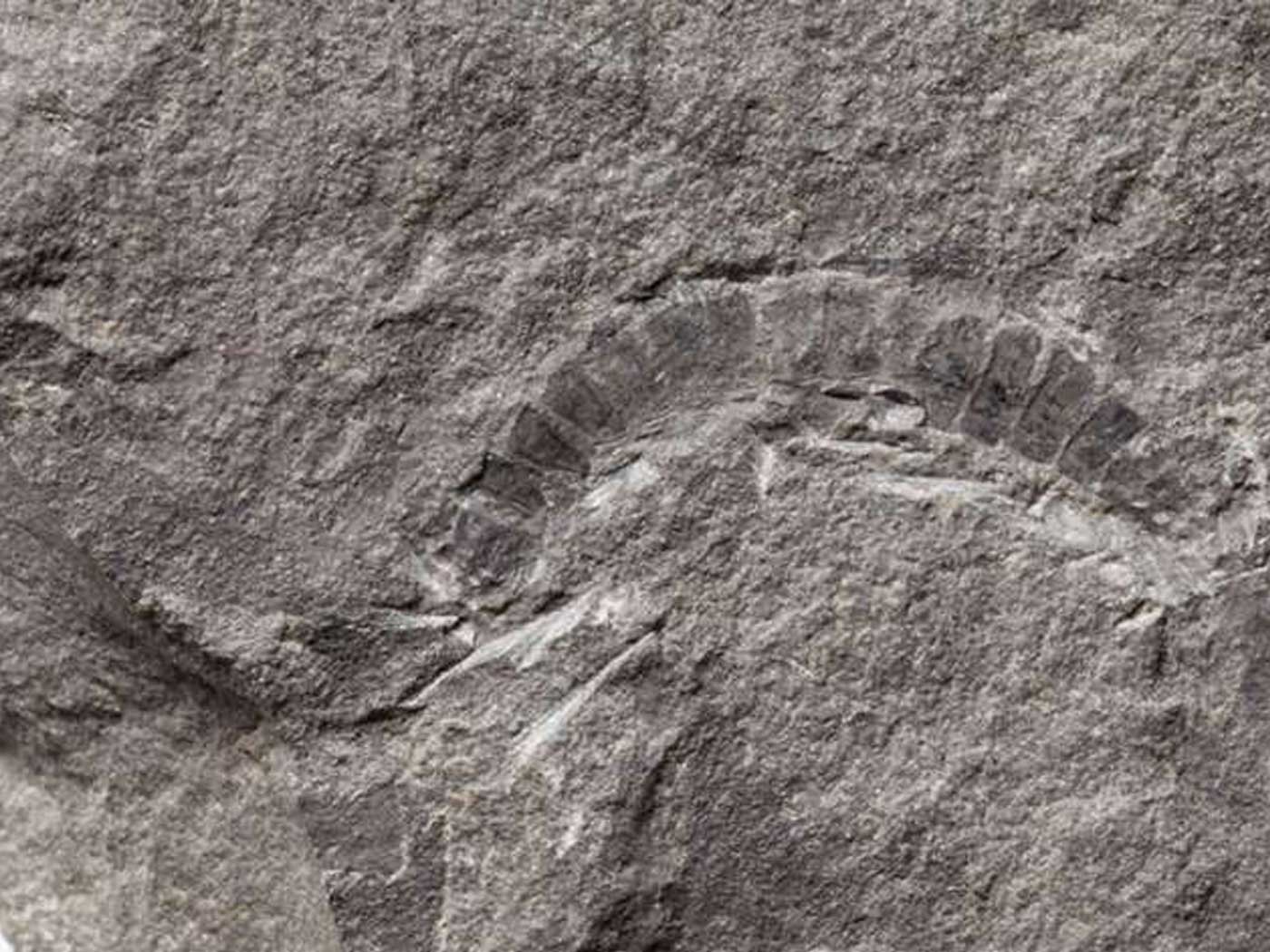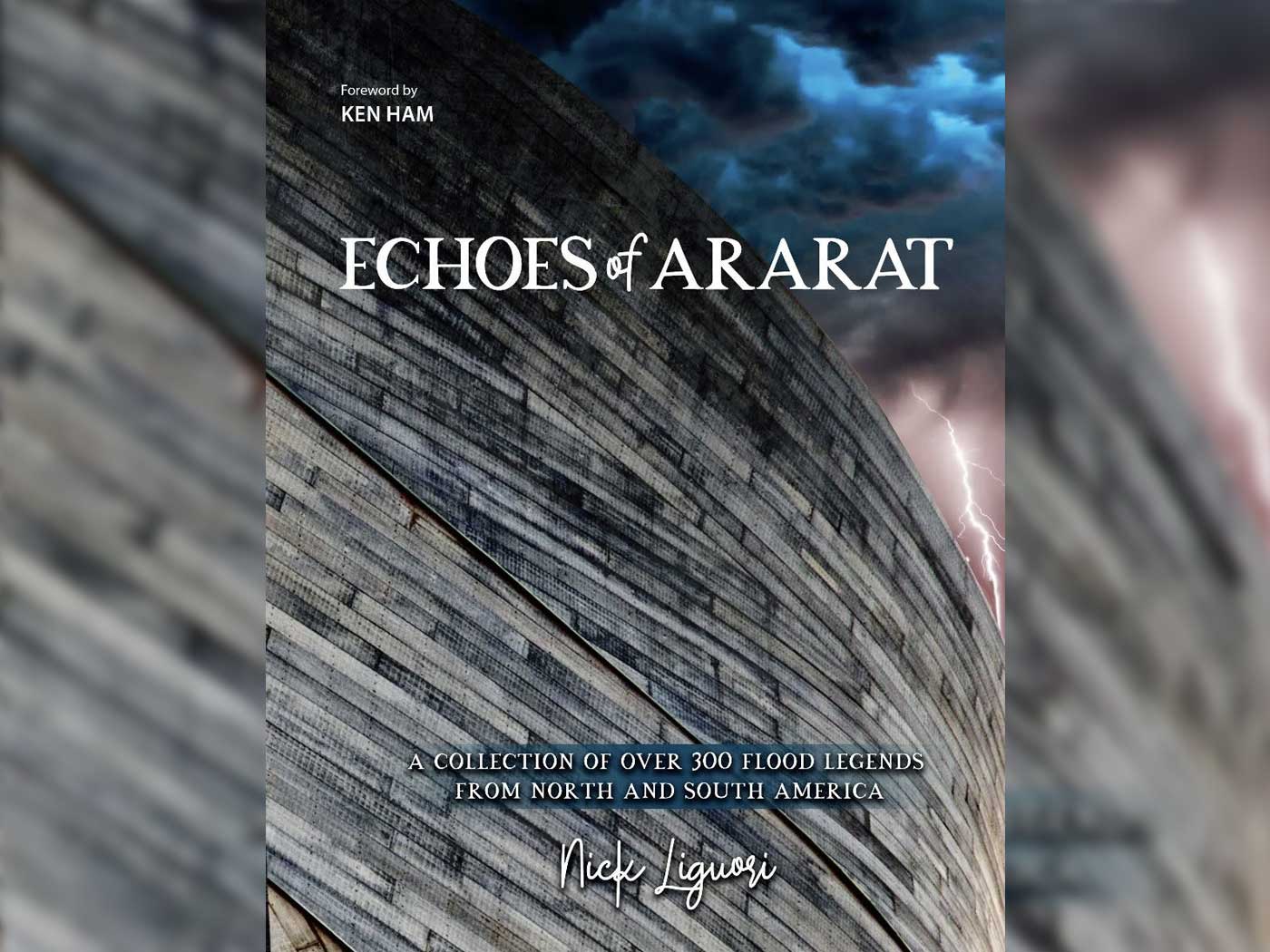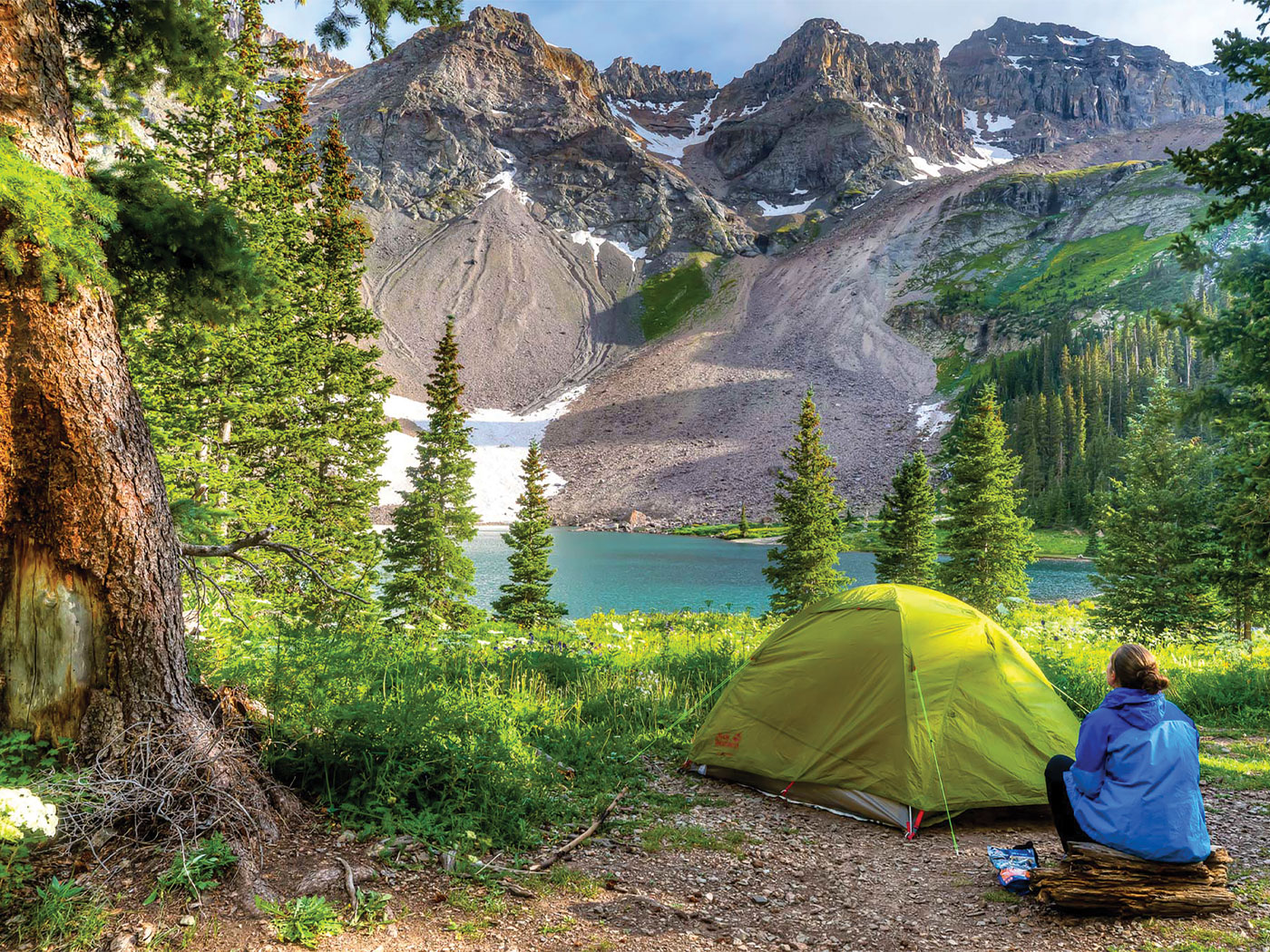"For, lo, he that formeth the mountains, and createth the wind, and declareth unto man what is his thought, that maketh the morning darkness, and treadeth upon the high places of the earth, The LORD, The God of hosts, is his name." (Amos 4:13)
This awesome ascription of judgmental power to God is in the midst of a dire prophecy by Amos to the ten-tribe northern kingdom of Israel. He had reminded them of earlier judgments, including even that of Sodom and Gomorrah, concluding with the fearsome warning: "prepare to meet thy God, O Israel" (Amos 4:12).
Then, in our text verse, he seems to carry them still further back in time to remind them of an even greater destruction. The great winds of the earth, like its rains, first blew over its surfaces at the time of the mighty Deluge (Genesis 8:1), and the present mountains of the earth likewise rose out of the churning waters of the Flood (Psalm 104:6-9). It was at the time of the Flood that dark clouds first obscured the sunlight which before had perpetually shown through the pre-Flood "waters which were above the firmament" (Genesis 1:7), which had then condensed and fallen to the earth in great torrents from "the windows of heaven" (Genesis 7:11).
This awful judgment had come because the antediluvians, like the Israelites, had rejected their Creator and gone after other gods (Genesis 6:5). As if to confirm that he was, indeed, referring to the great Deluge, Amos, a few verses later, exhorted the Israelites to "seek him . . . that calleth for the waters of the sea, and poureth them out upon the face of the earth" (Amos 5:8).
It is dangerous and foolish for any nation or any person to question the true God of creation. He made all things, He knows all things, and He judges all things. "The LORD, The God of hosts, is his name." HMM

























